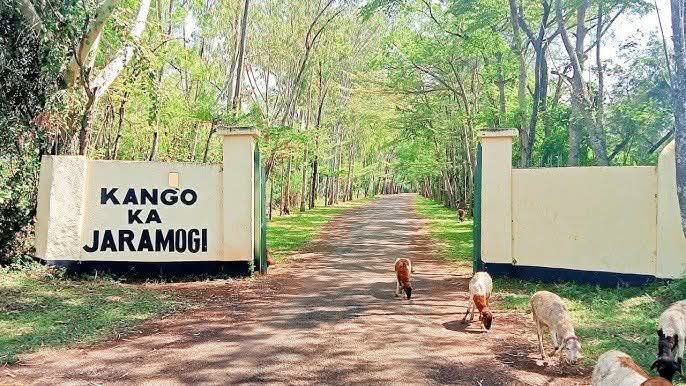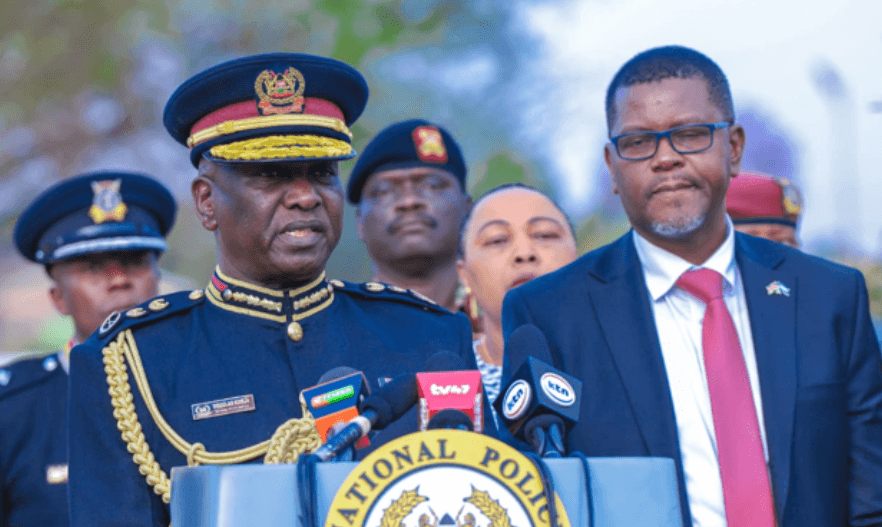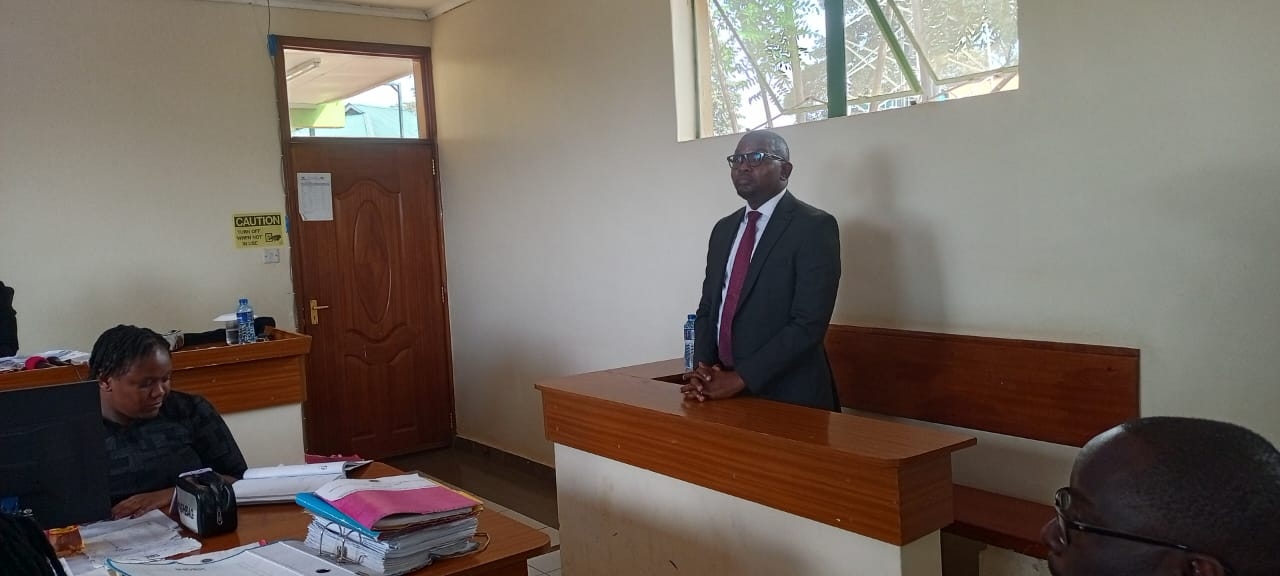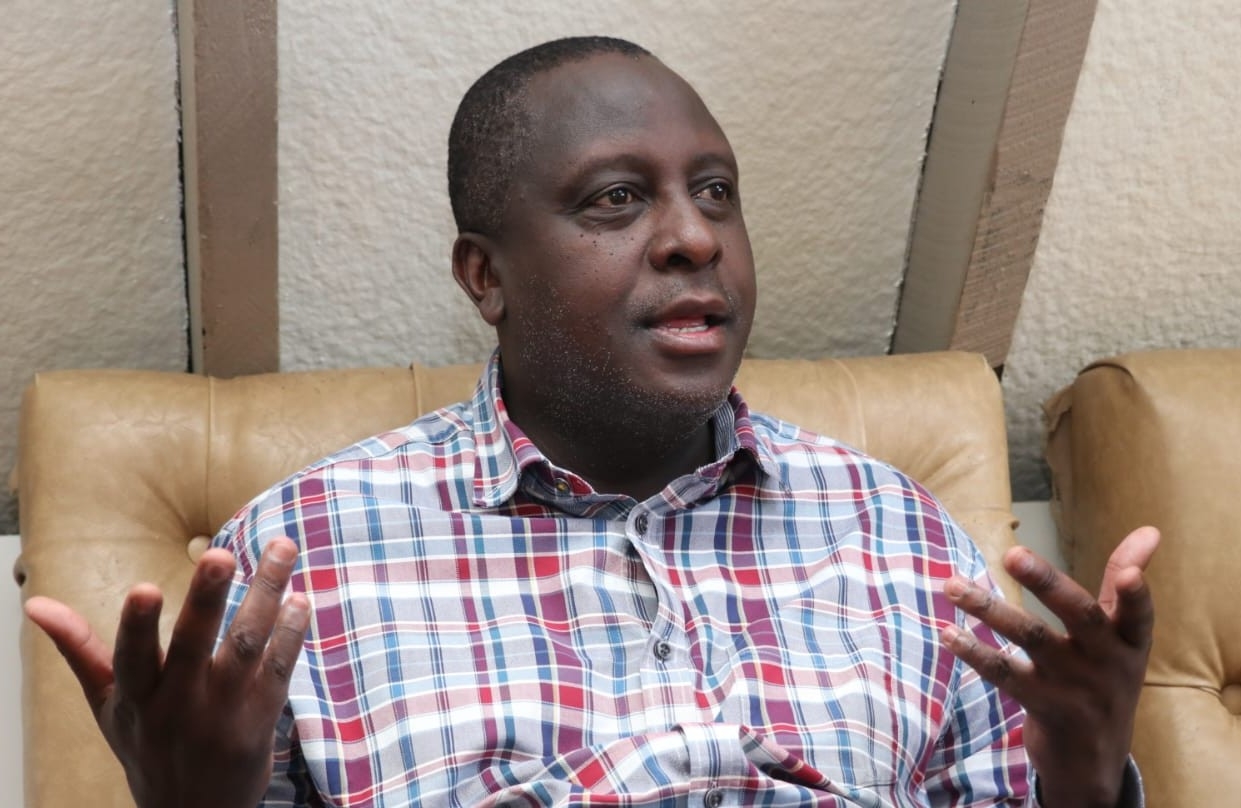Catherine Mutua and Mwatemo Kamanza from Kasemeni and Puma wards, Kwale county will soon produce great yields.
The two farmers lives are expected to change and improve following their shift from subsistence to commercial farming.
Hunger and poverty in their homes will no longer be an issue because they are well-trained and empowered.
Mutua and Kamanza are among the 25,000 farmers from Kinango constituency to benefit from the Acting Now food and agriculture programme worth Sh70 million.
Kinango is among areas hit with severe drought that has in many cases killed crops and livestock.
Acting Now is a three-year programme implemented by Solidaridad East and Central Africa in partnership with Kenya National Farmers Federation, National Drought Management Authority and Kwale county government.
It targets cereals, vegetables and fruit farmers in drought-prone areas.
The project is geared towards climate-smart farming, resilient food production systems and mitigating the effects of drought by embarking on sustainable farming and carbon credit projects.
Farmers in the project were trained on new scientific farming methods and provided with certified seeds, fertilisers and pesticides.
Their farms were also equipped with water projects to facilitate irrigation for food production.
Mutua and Kamanza are already dreaming of riches ahead of the planting season.
"We have prepared our shambas, the dripping lines and water tanks are installed, and we are ready to go," they said.
Mutua said she is planning to plant maize, vegetables and bananas.
She said she expects to harvest around 20 bags of maize in half an acre.
Mutua said before getting into the programme, she would get only three bags of maize in her two-acre piece land because of poor farming methods and drought.
She said she is now guaranteed of a good harvest, with or without the rains because of modern farming.
Mutua said the new farming skills are less tiresome and effective compared to the traditional ones.
She said the old techniques contributed to land degradation and soil erosion.
Mutua said she has had to abandon some old habits like burning grass on the farm, which promoted pollution.
She said she is now mulching to help retain moisture, reduce weed population and promote crop yield.
The veteran farmer said she is looking forward to improving her living standards with the improved crop yields.
Mutua said she also hopes to support community to overcome poverty, hunger and malnutrition through farming.
Kamanza, on the other hand said the new farming skills have changed his perception on food production.
He said the training has helped him realise that the good yields can be produced on any field.
Kamanza said he has practiced farming for many years but did not get good income like farmers in the highlands.
He said he has learnt that with approriate farming techniques, even a quarter of an acre can feed many people.
Kamanza said the modern farming techniques will transform his life from rugs to riches.
"I wish I had known this type of farming early enough, but it is not too late. I am going to work on it and amass a lot of wealth," he said.
Kamanza grows cowpeas, green grams, maize and vegetables among others.
Solidaridad programmes manager Boniface Mulandi said the project aims to support farmers to achieve sustainable livelihoods and engage in sustainable supply chain activities.
He said they are also targeting to improve the level of nutrition and food production in drought-prone areas to alleviate suffering.
Mulandi said they have put focus on cereals, vegetables and fruits to give locals a balanced diet and improve their health and financial stability.
"We want to have healthy and food-secure communities. That is why we are helping farmers grow fast-maturing crops," he said.
The programmes manager said apart from empowering farmers, they are creating a conducive platform where they will benefit from their produce
He said they want farmers to have multiple benefits from harvests, environmental conservation and the entire supply chain and value addition.
Mulandi said the project is also focused on bringing gender inclusion where 60 per cent are women and youth, besides creating employment.
He said they are empowering youth and women to be on the frontline in food production to improve their socioeconomic status.
Mulandi said the youth are equipped with farming skills and resources to empower the locals.
He said they have employed young people as pesticide sprayers, field officers and agents in soil collection and analysis.
NDMA county coordinator Joseph Kariuki praised the programme saying it will improve food security in the larger Kwale as well.
"Solidaridad coming in is a plus because they are working on climate change and mitigation measures," he said.
Kariuki said the selected areas are crucial since they are often affected by drought, food insecurity and wildlife conflict.
He said the project will support farmers to be productive and resilient to poverty and hunger.














